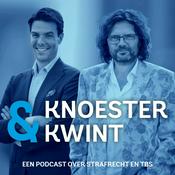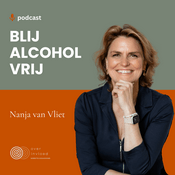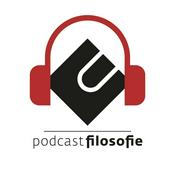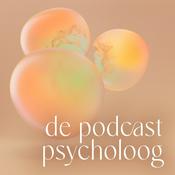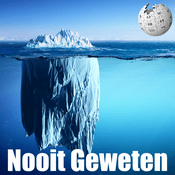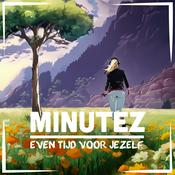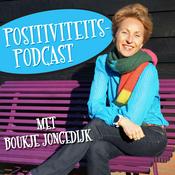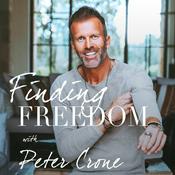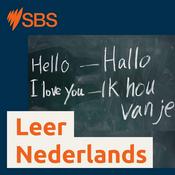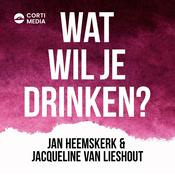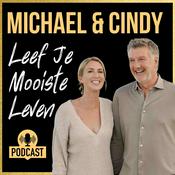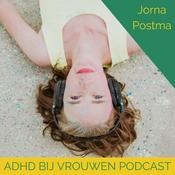73 afleveringen

《小而美》Ep0:Introduction | 普通人的财务自由思路:小而美是个人创业的最佳选择
28-2-2025 | 13 Min.
本章完整字幕版已上线!添加微信获取链接:RDLgogogo《The Minimalist Entrepreneur》(小而美)Ep 0在创业世界中,成功往往被衡量为爆炸性的增长和数十亿美元的估值。但如果真正的成功标准是创造一个可持续、盈利且有影响力的企业呢?这正是简约型创业的核心理念。简约型企业家不是追逐风险资本或仅仅关注增长,而是建立优先考虑客户价值、解决真实问题并积极贡献社区的企业。.Enjoy.每日听读编辑部

Good habits also have drawbacks | 如果没有定期优化和复盘,好习惯也会导致自满和退步
13-2-2025 | 17 Min.
本章字幕版已上线!添加微信获取链接:RDLgogogo《Atomic Habits》Ep12 内容简介:本期讨论第20章,好习惯是成功的基础,它们帮助我们高效地完成任务,并为更复杂的工作释放出精神能量。然而,习惯形成的悖论在于,虽然习惯为精通奠定基础,但如果没有定期的复习和改进,它们也可能导致自满和退步。本文探讨了习惯的负面影响,分析了无意识重复可能如何阻碍成长,并阐明了将刻意练习和反思融入日常生活对持续进步的重要性。.Enjoy.每日听读编辑部

The Truth About the Goldilocks Rule | 让执行力拉满:做既不太简单,也不太困难的事
11-2-2025 | 22 Min.
本章字幕版已上线!添加微信获取链接:RDLgogogo《Atomic Habits》Ep11 内容简介:本期讨论第18&19章,成功常常被认为是天赋或纯粹努力工作的产物,但实际上,成功的关键在于天赋、个性和动机之间的微妙平衡。虽然基因为我们提供了优势和倾向的蓝图,但它们并不决定我们的命运。黄金法则告诉我们,当任务的难度恰到好处——既不太简单,也不太困难时,动机会达到最高点。. 每日听读完整版:01 本期简介02 中英字幕文稿03 强化阅读Enjoy.每日听读编辑部

The Cardinal Rule of Behavior Change | 请把自己当成巴普洛夫的狗:好习惯需要奖励
10-2-2025 | 20 Min.
本章字幕版已上线!添加微信获取链接:RDLgogogo《Atomic Habits》Ep10 内容简介:本期讨论第15-17章,行为改变的根本法则是:“得到奖励的行为会被重复,受到惩罚的行为会被避免”。这个理念强调了即时奖励在养成和维持习惯中的重要性。克利尔通过习惯追踪、责任伙伴和让坏习惯变得不满足等策略,详细阐述了如何运用这一原理。. 每日听读完整版:01 本期简介02 中英字幕文稿03 强化阅读Enjoy.每日听读编辑部

Minute Rule | 两分钟法则:停止拖延,实现好习惯自动化
09-2-2025 | 14 Min.
本章字幕版已上线!添加微信获取链接:RDLgogogo《Atomic Habits》Ep9 内容简介:本期讨论第13&14章,我们常常认为习惯是需要巨大努力的长期承诺,但实际上,它们始于一个个小而关键的决定。两分钟法则是一种简单却强大的策略,它通过让新习惯变得极易开始,从而帮助我们克服拖延。与其设定庞大、令人望而生畏的目标,不如将其缩小到一个几乎不费力的第一步——即在两分钟内可以完成的行动。. 每日听读完整版:01 本期简介02 中英字幕文稿03 强化阅读Enjoy.每日听读编辑部
Meer Onderwijs podcasts
Trending Onderwijs -podcasts
Over 每日听读计划
Luister naar 每日听读计划, Omdenken Podcast en vele andere podcasts van over de hele wereld met de radio.net-app

Ontvang de gratis radio.net app
- Zenders en podcasts om te bookmarken
- Streamen via Wi-Fi of Bluetooth
- Ondersteunt Carplay & Android Auto
- Veel andere app-functies
Ontvang de gratis radio.net app
- Zenders en podcasts om te bookmarken
- Streamen via Wi-Fi of Bluetooth
- Ondersteunt Carplay & Android Auto
- Veel andere app-functies


每日听读计划
download de app,
luisteren.


